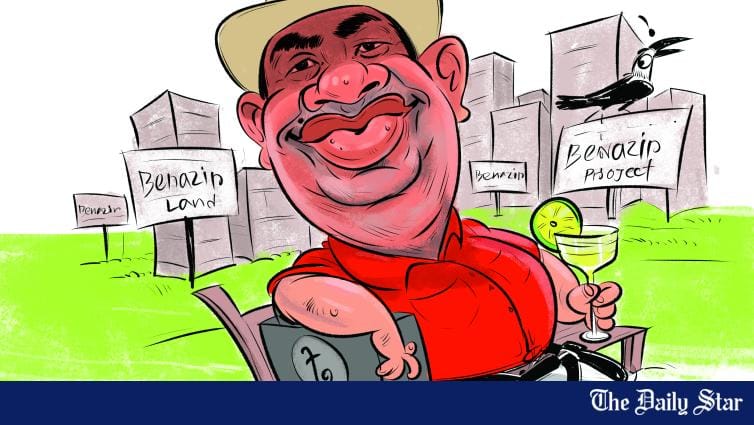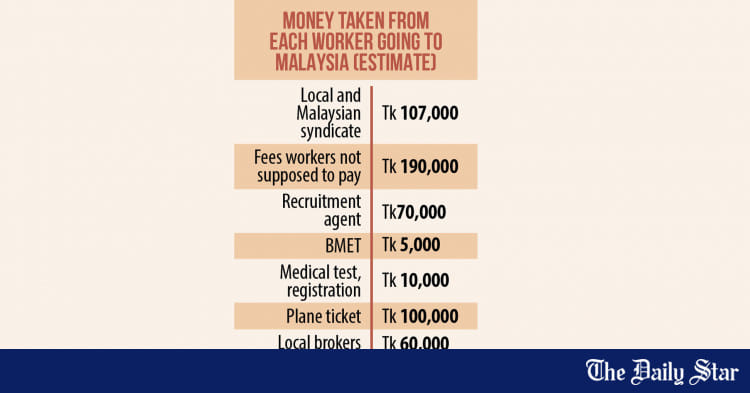Saif
Senior Member
- Joined
- Jan 24, 2024
- Messages
- 15,898
- Likes
- 7,990
- Nation

- Axis Group


SUVs for bureaucrats amid economic woes?
Government must not waste public money like this
SUVs for bureaucrats amid economic woes?
Government must not waste public money like this

VISUAL: STAR
Last year, a proposal to buy 261 SUVs—worth about Tk 1.46 crore each—for deputy commissioners (DCs) and upazila nirbahi officers (UNOs) was approved. But after severe criticism against the backdrop of a struggling economy, the government decided to halt the buying process. It is, therefore, quite puzzling to see the revival of that decision, especially when the country's economic condition has worsened. Going ahead with this decision, rather than using facilities that are already available, will be nothing but a waste of public money.
To read the rest of the news, please click on the link above.
Government must not waste public money like this
VISUAL: STAR
Last year, a proposal to buy 261 SUVs—worth about Tk 1.46 crore each—for deputy commissioners (DCs) and upazila nirbahi officers (UNOs) was approved. But after severe criticism against the backdrop of a struggling economy, the government decided to halt the buying process. It is, therefore, quite puzzling to see the revival of that decision, especially when the country's economic condition has worsened. Going ahead with this decision, rather than using facilities that are already available, will be nothing but a waste of public money.
To read the rest of the news, please click on the link above.










































